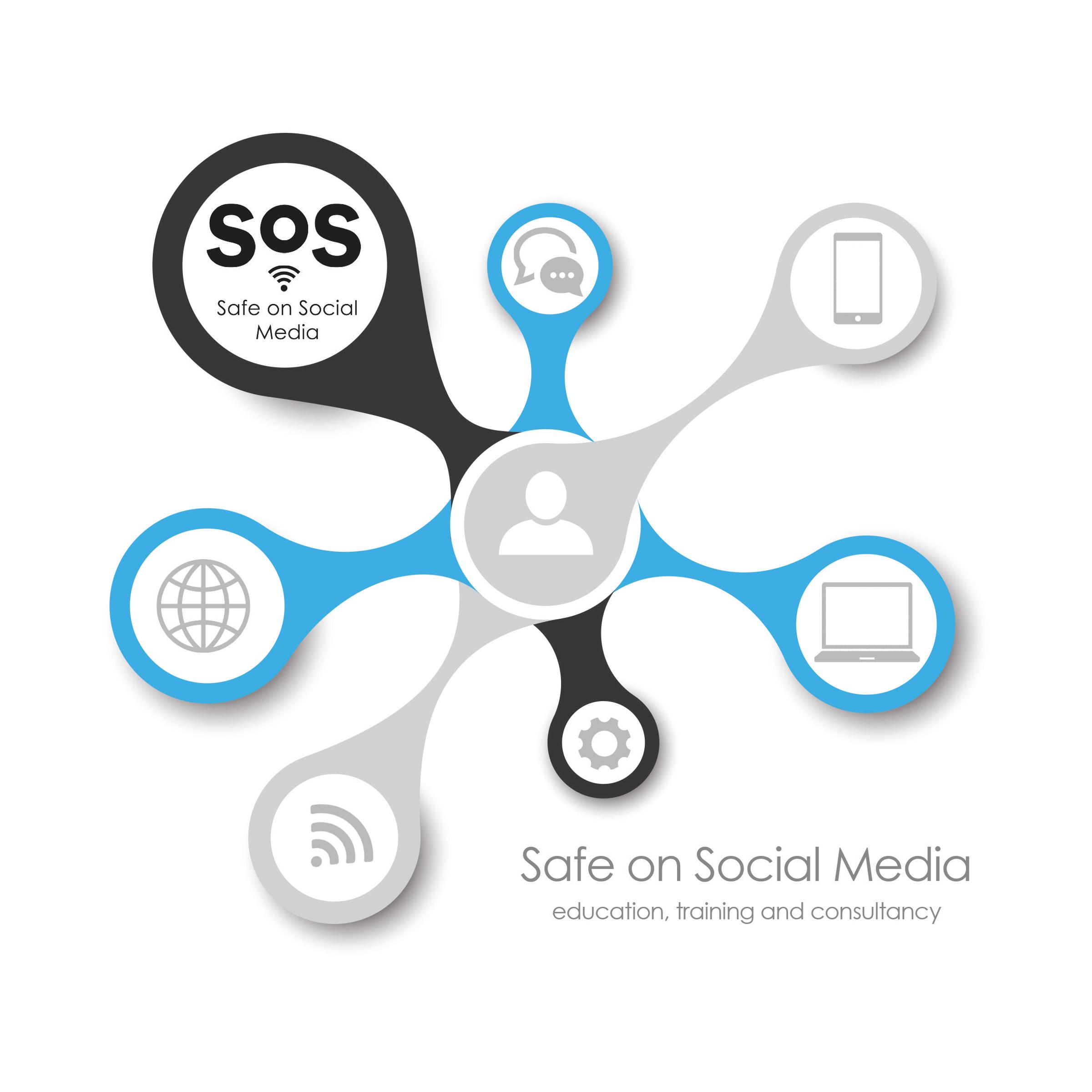Safe On Social Media

Don't say anything online that you wouldn't want plastered on a billboard with your face on it.
Erin Bury
Watch out for Fortnite scams!
As most parents are well aware, Fortnite Battle Royale was released around a year ago, as a free-to-download game that is now available on a multitude of computing platforms. It sees players attempt to stay alive for as long as they can, in games that last around 20 minutes. It features cartoon violence, where players can use a variety of weapons, such as guns and axes, to kill other players, despite the fact it has been rated suitable for children to play. The often ignored age recommendation is 13+.
Fortnite is the biggest game in the world right now, and in some cases, it is being exploited by scammers who try and steal information and money from the young people who play it. Downloading Fortnite is free, but like many other games it has an entire in-game economy of purchasing options. This is how Epic Games, the producers of Fortnite make their money. Players (or their parents) use real money to buy a currency called V-bucks, which can then be traded for cosmetic options and other upgrades within the game. Like anything else, where there is popularity there is the potential for scams, that is what is happening on Fortnite.
Some of the scams are being used across the internet in different forums and in-game through chatting directly to players are trying to trick young people into giving up the personal and sensitive information of themselves and their parents. It is being done by offering them free V-bucks and winning them over by chatting with them through headsets. It is the virtual currency that allows people to buy upgrades, and it is the desire to get hold of them that has meant vast numbers of young people are being caught up in the scams. Often, scams are distributed through YouTube, and searching that site for 'Free V-bucks' brings up around 4 million results. The videos usually direct children to another site or app away from YouTube with the promise that they will receive free V-bucks.
Voice chat tools within Fortnite could be used to contact young people and ask for personal information. The way the game works means that anyone can get in touch with anyone else playing the game and the feature cannot be fully disabled. In one case, a few weeks ago we heard of an eight-year-old boy that after sneaking to his mother's purse, gave a random stranger he was chatting to her driver's license number and credit card details on the promise that he would get free V-bucks in exchange for the information. However, in light of emerging concerns about the risks and scams young people could be exposed to, we are urging parents to be aware of Fortnite’s features.
It is vital parents have regular conversations with their children about the games they are playing, and how to stay safe online. If you are a parent who has been limiting your child’s access to gaming online because you have read about harmful effects, there is enormous amounts of research now that may change your mind. The bulk of the research suggests that the claims about the negative effects of video gaming are largely myths and the positive effects are real. The cognitive and mental skill that online gaming helps young people to develop are among the skills that are increasingly important in today's world.
Some of the positives:
Improves coordination
Improves problem-solving skills
Enhances Memory
Improves attention and concentration
Young people participating in teams and formulating strategies with their friends to further themselves in the game
Improves social skills
Improved cognitive function Improved ability to engage in multiple tasks simultaneously.
Overcoming Dyslexia - Dyslexia in some cases, seems to derive from problems of visual attention. One study showed that as few as 12 hours of video game play improved dyslexic children’s scores on tests of reading and phonology (Franceschini, 2013). The improvement was as great or greater than that achieved by training programs that were explicitly designed to treat dyslexia.
Some of the negatives:
Stranger danger
Gaming addiction
In game bullying
Exposure to violence and gun violence
Viruses and Malware Scams
Overspending
Tips for parents:
Set healthy boundaries and strategies for example before they play they have to do 15mins of exercise and have exercise breaks regularly through the time that they are gaming.
Keep smart devices and gaming consoles out of the bedroom. Keep them in the family room.
Instead of allocating your credit card to the game get your child one of the Visa Debit cards for kids and teach them how to budget by putting their pocket money on it, once they run out! They then have to do more chores to get some more money deposited on the card. Alternatively, trade chores for minutes on the game.
Find out how to block and report before they start using the game. In case you need it. Make sure they know never to respond if they get asked for any personal information such as where they live, age, etc.
Stranger danger is real, and it is online 24 x 7 keep talking to your kids about this and if they are talking to someone online that they don’t know to make sure they tell you, and that they no that under no circumstances do they ever meet up with someone they have met online.
We always recommend parents take time out of their busy day and sit and play games with their kids before they allow them to play them on their own.
How to report Cyber-Bullying
Statistics say that one in five Australian children aged 8 to 17yrs have been the target of cyber-bullying in the last year. Most social media networks have rules banning cyber-bullying and have complaints tools for reporting.
Firstly, take screenshots so you have evidence.
Then report and block the bully on whatever social media app is being used. Some social media sites can take up to 48hrs to remove the reported post but you MUST report through these channels before reporting to to The Office of the Children’s eSafety Commissioner.
Report it to The Office of the Children’s eSafety Commissioner by filling in the online complaints form at esafety.gov.au if the site does not act in 48hrs.
If the bullying is threatening someone’s life or involves child pornography immediately contact your local police station.
Everything you post on social media impacts your personal brand. How do you want to be known?
The Publicity Gal
